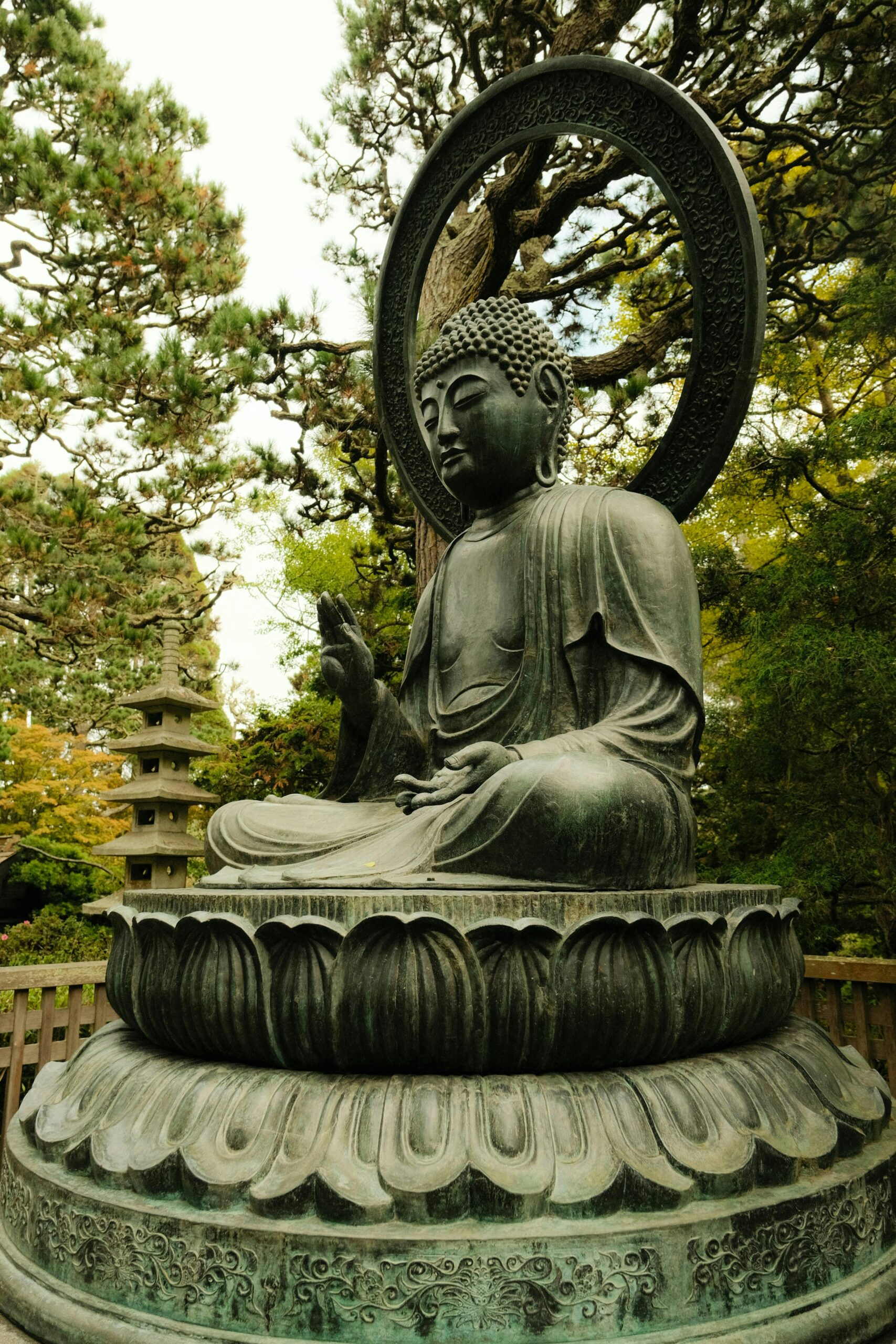Author: Genevieve G.
-
Kurikinton in Gifu – Japan’s Pure Chestnut Sweet That Marks the Start of Autumn
Discover Gifu’s kurikinton (栗きんとん) — a simple chestnut + sugar wagashi that signals Japan’s autumn. Learn the difference between osechi 栗金団 and Gifu’s fall version, explore Nakatsugawa & Ena shops, and taste the spirit of the season.
Written by
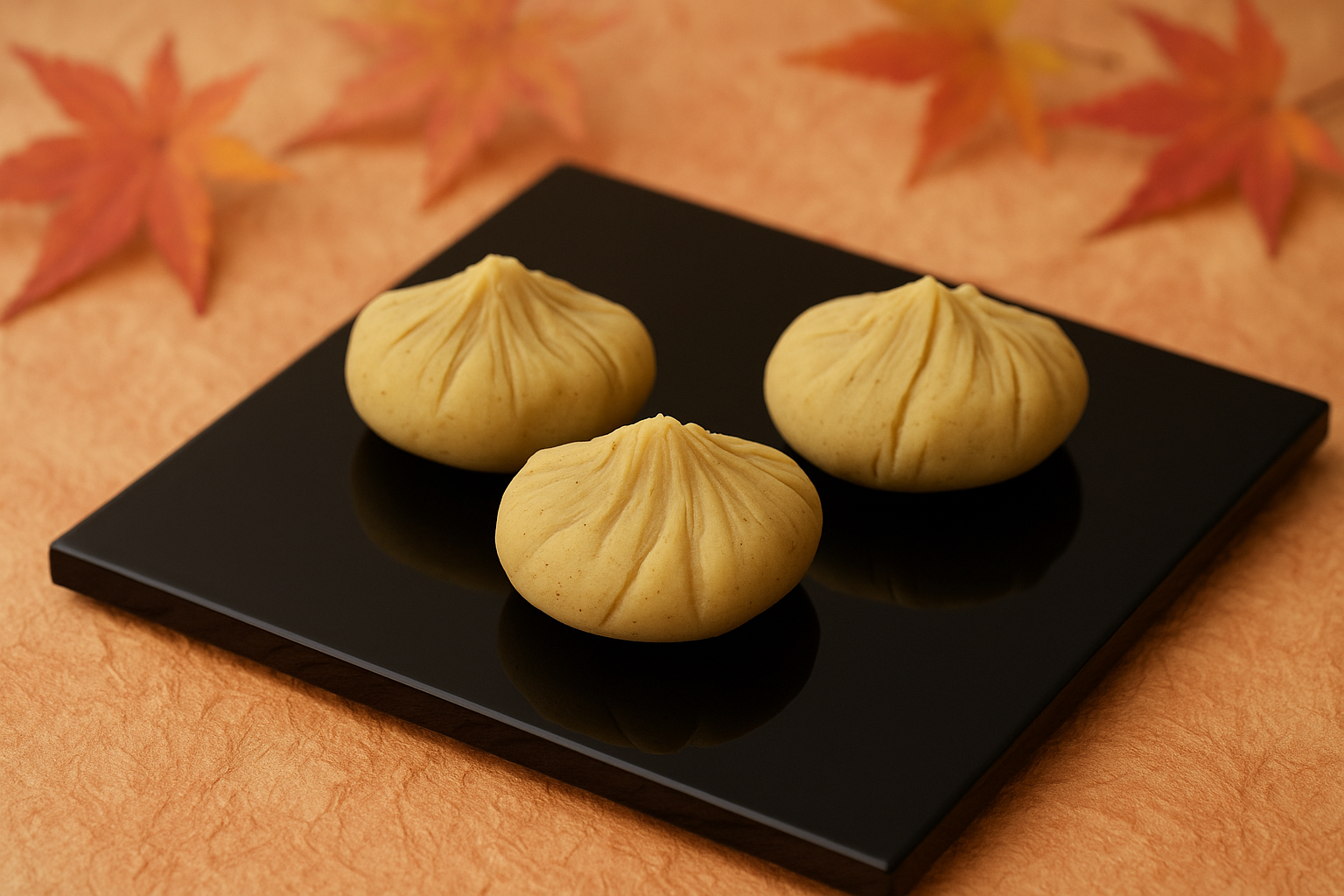
-
The Art of Chopstick Etiquette in Japan — A Guide to Eating Mindfully
When I first came to Japan, I thought chopsticks were just simple sticks. But over time, I learned they carry centuries of culture and care. In this post, I share how chopsticks began, the “don’ts” of Japanese etiquette, and the small phrases that show respect during meals.
Written by
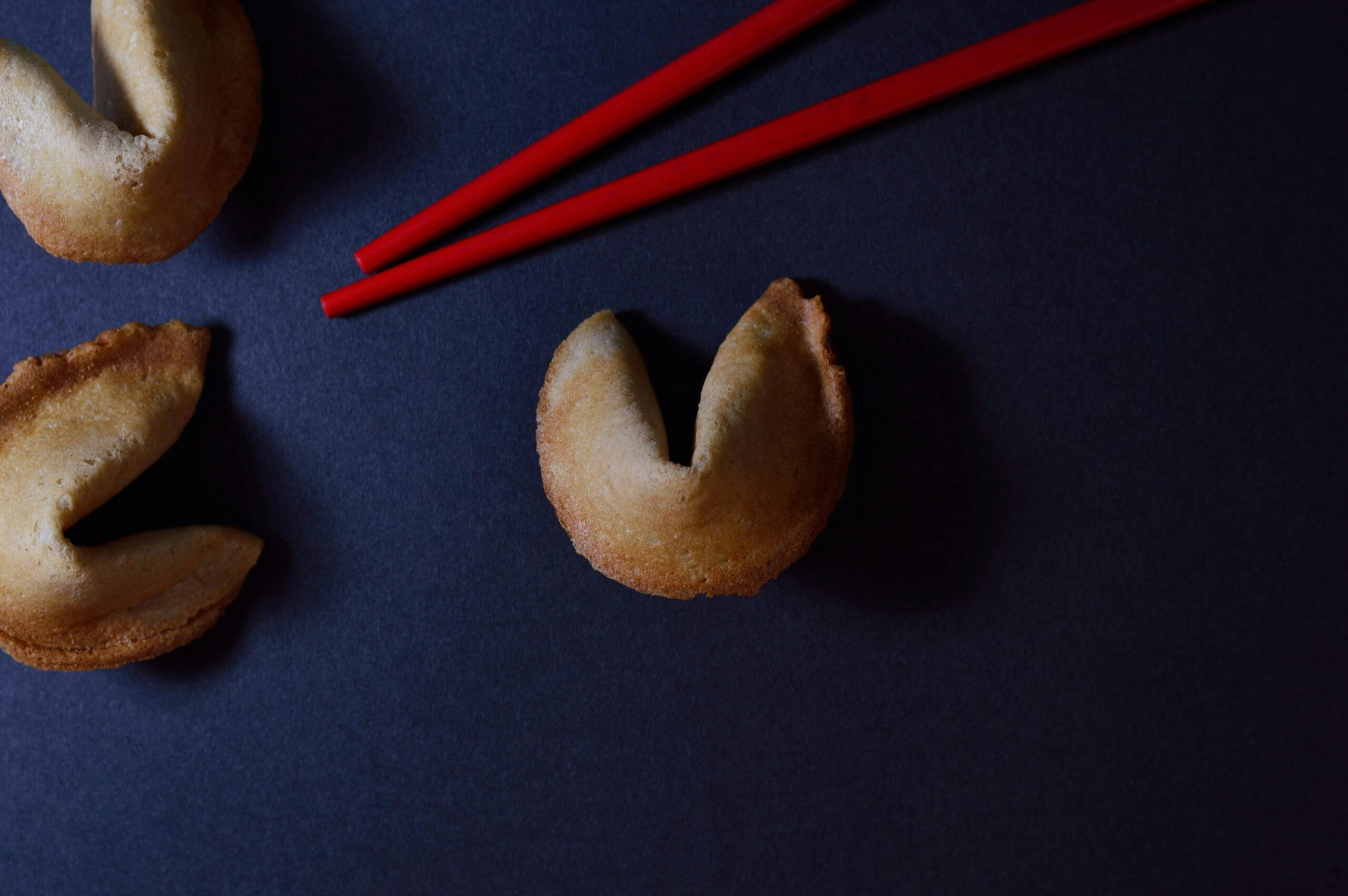
-
Visiting a Japanese Home: Modern Etiquette, Phrases, and Acts of Respect You Should Know
Visiting a Japanese home is more than just a social visit — it’s a gentle exchange of trust and kindness. From saying ojamashimasu at the door to offering a small gift and accepting tea politely, every action carries quiet meaning. In this post, I share what I’ve learned — the modern manners, useful Japanese phrases,…
Written by
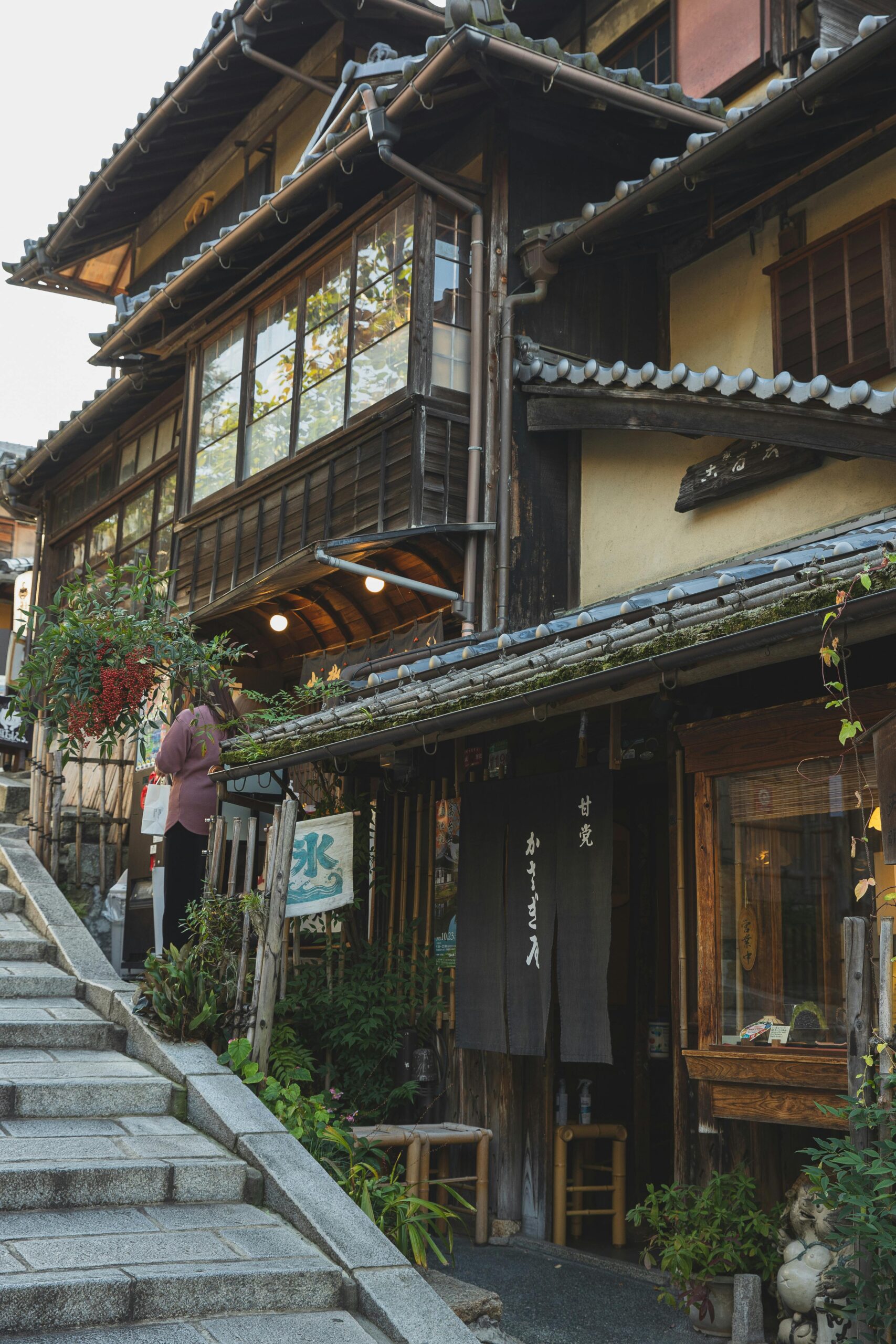
-
Useful Japanese Phrases I Use Every Day at Work
From “ohayou gozaimasu” to “otsukaresama desu,” my day as a caregiver in Japan is filled with gentle phrases that show teamwork, care, and respect.
Written by

-
What Is a “Day Service” in Japan?
Every day service in Japan is unique — each with its own rhythm and personality. Here’s what daily life looks like at the warm, café-style day service where I work in Gifu.
Written by
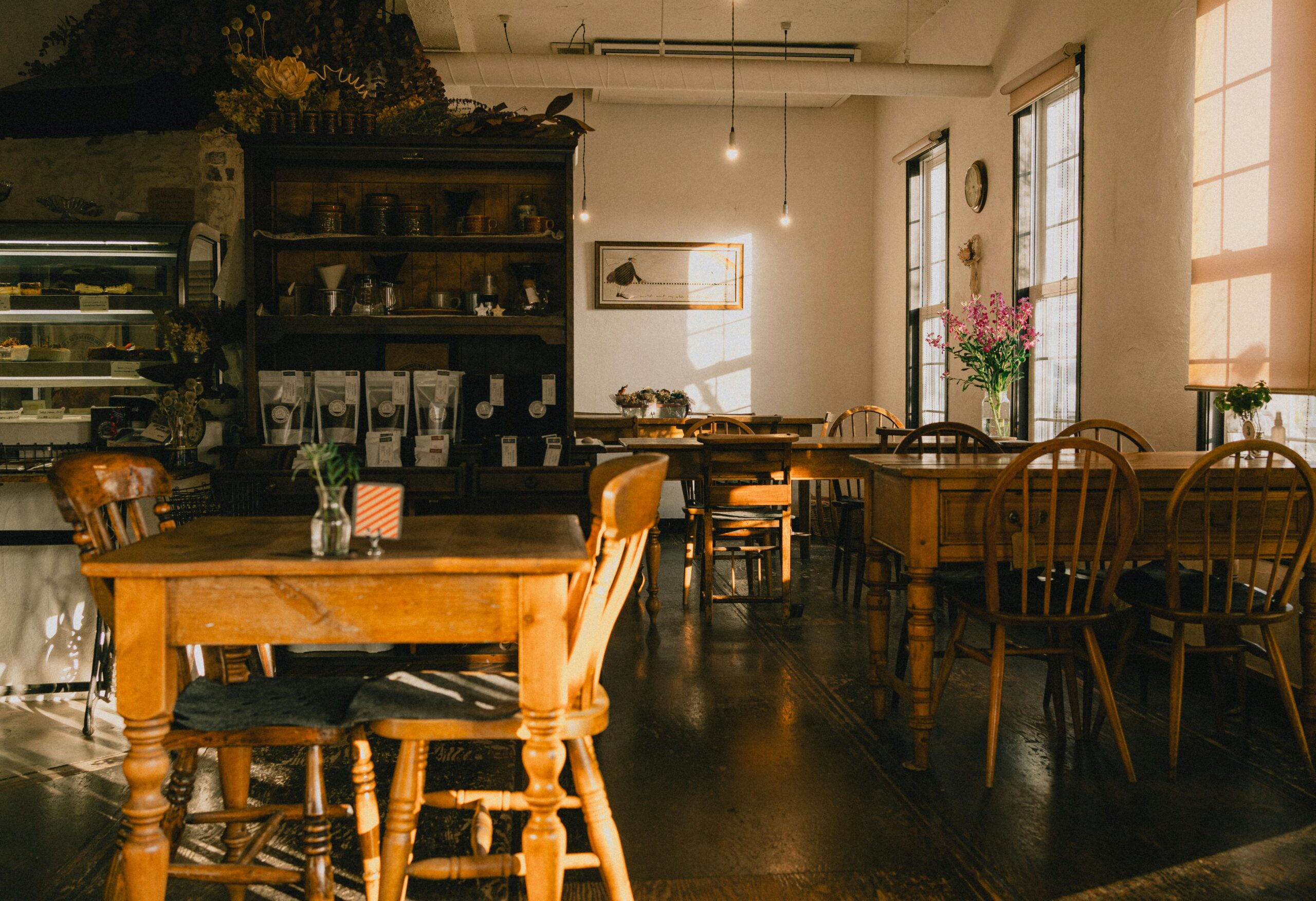
-
How I Got My Caregiver Job in Japan
From Chicago nurse to Gifu caregiver — this is how I found my first caregiving job in Japan. It wasn’t easy, but it became one of the most meaningful choices of my life.
Written by

-
Ramen Dates in Gifu, Vol. 1 — Nageyari’s Famous Pork & Seafood Bowl
One of our favorite weekend traditions is what I like to call our “ramen date.”No fancy plans — just me and my husband going out to slurp noodles somewhere new. This time, we finally tried Nageyari (なげやり) — a well-known ramen shop in Gifu City that’s often featured on YouTube and Japanese TV shows. It’s…
Written by
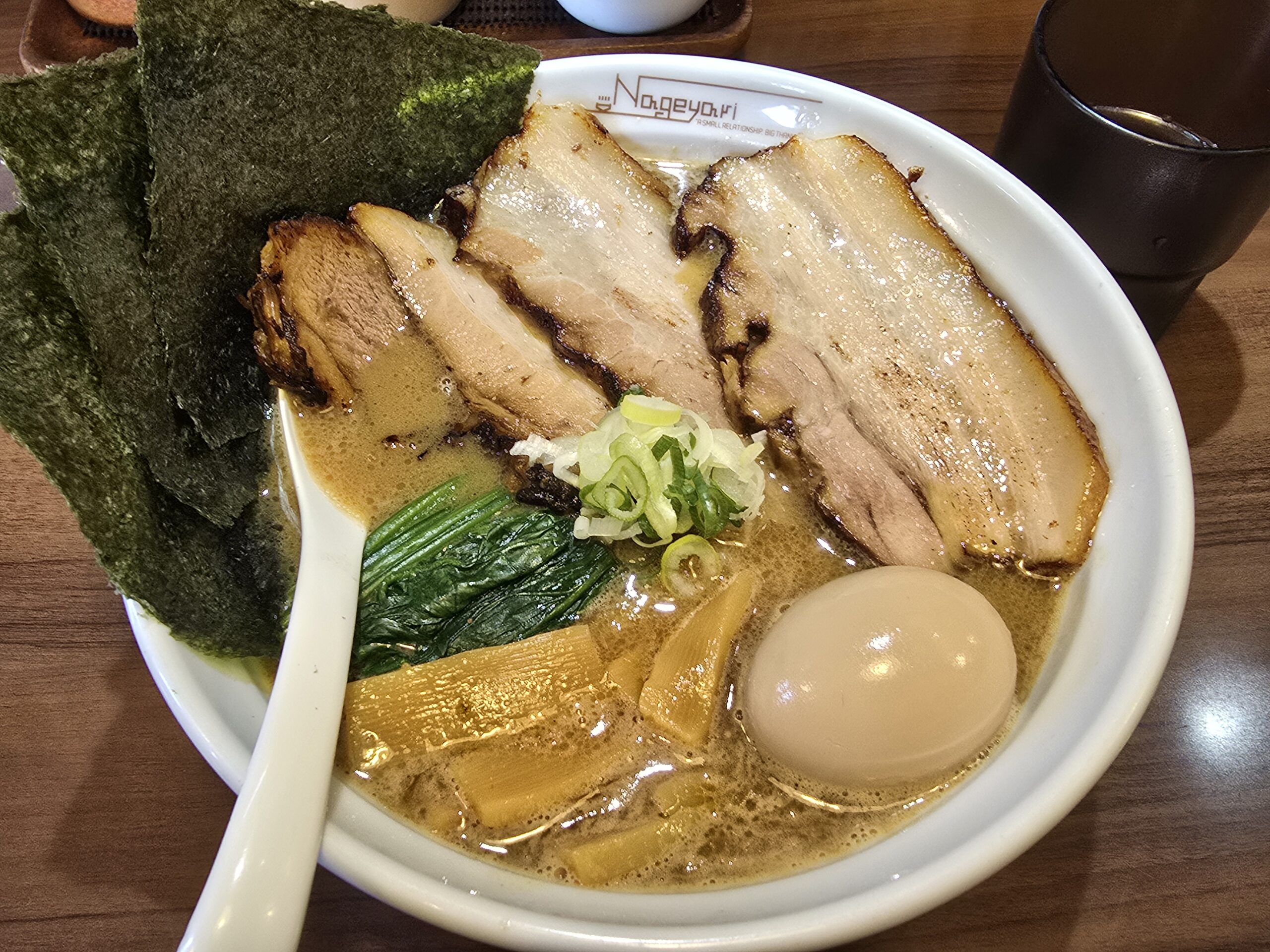
-
A Morning at 251 Café – Simple, Cozy, and Worth the Wait
Hidden in Gifu, 251 Café (ニコイチカフェ) offers a warm and minimalist space perfect for slow mornings. Enjoy a beautiful Morning Set with croissant, salad, and latte — simple, cozy, and worth the wait.
Written by

-
Understanding “気分転換 (Kibun Tenkan)” — The Japanese Art of Refreshing the Mind
In Japan, kibun tenkan means taking a gentle pause to refresh your mood. Through my caregiving work and daily life, I’ve learned that even a small moment — a walk, a cup of tea, a quiet breath — can change everything.
Written by
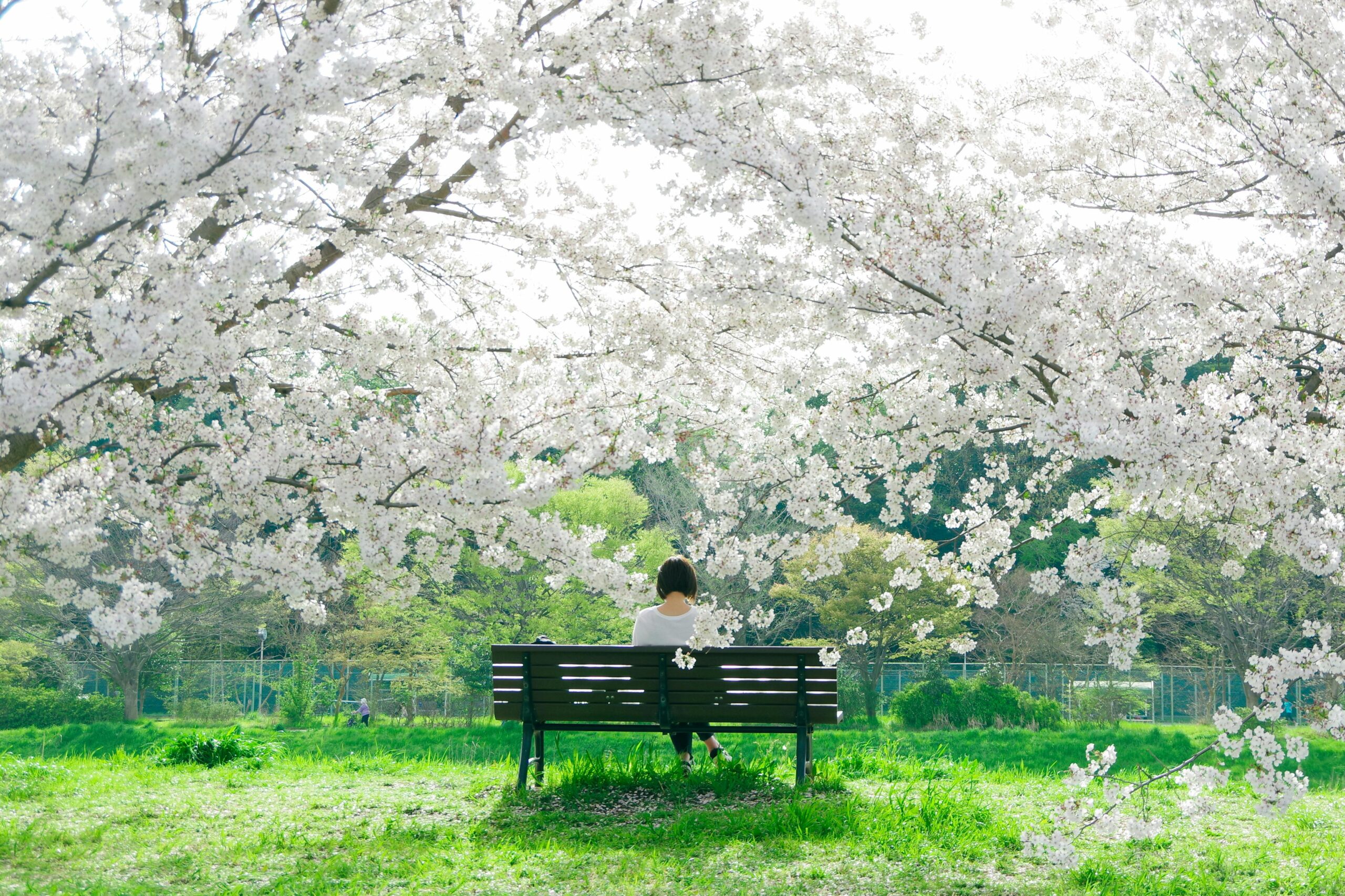
-
Osewa ni Natte Orimasu” Meaning and Usage — How to Use Japan’s Polite Expression of Gratitude
In Japan, you’ll often hear the phrase “Osewa ni natte orimasu.” It’s more than just “thank you” — it reflects gratitude, humility, and the value of human connection. Here’s what it really means and how to use it naturally in daily life and work.
Written by
